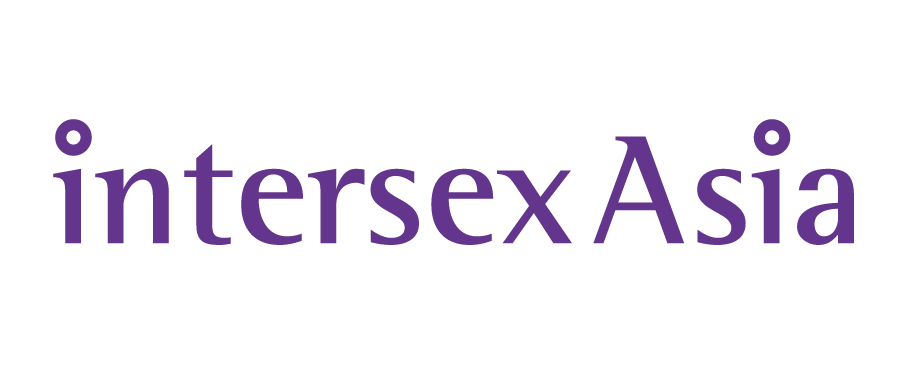Intersex Asia releases COVID-19 Survey Report- “Invisibility Amplified: A report on the impact of COVID-19 on intersex people in Asia”
On June 1, 2021, which marks the beginning of the celebration of Pride month, Intersex Asia published its report titled– “Invisibility Amplified: A report on the impact of COVID-19 on intersex people in Asia.” The report documents the findings of a comprehensive survey conducted by Intersex Asia in nine Asian states. This report is a part of a global study on the situation of intersex people and their families in times of COVID-19, initiated by OII Europe and conducted by the International Intersex Community in different regions of the world. The compiled global report is likely to come out later this year.
The COVID-19 pandemic has inflicted an unprecedented toll on the intersex people in Asia. The situation became even worse given the lack of support from governments. However, the scale and severity of the unique challenges suffered by the intersex communities were not meaningfully captured by any of the published reports and studies. To address this knowledge gap, the international intersex community decided to study the impact of the pandemic region-wise and publish reports which offer evidence of the extent to which the intersex community has been affected. OII Europe led the process of drafting the survey questionnaire which was revised by intersex organisations.
With data and narrative from around nine Asian countries, the report documents the experiences of the intersex community in the Asian region and raises several important policy areas which require urgent intervention from governments as well as civil society organisations. The report also makes a powerful case for including intersex leaders and intersex-led organisations in the consultation processes so as to effectively address concerns of intersex people in the policy measures.
The report has also benefitted from the insight collected by Intersex Asia while providing urgent funds to affected intersex people in the region. In 2020, Intersex Asia swiftly drove into action in the early stages of the pandemic by creating an urgent fund to support intersex communities across six Asian countries. The creation of the urgent fund was critical given the discrimination and exclusion suffered by intersex people while seeking any support from governments. The pandemic serves as an opportunity to understand the necessity of intersex-led organisations which emerged as a major, if not the only, support system for a significant section of intersex people across Asia and other regions.
The impacts of COVID‑19 have been particularly felt by financially weaker sections within the intersex community: the pandemic has been particularly disastrous for those employed in the informal sector and those who are dependent on their families for support. Jobs in the informal sector have almost disappeared causing a threat to the survival of many intersex people. The financial challenges brought by the pandemic had an alarming impact on all crucial aspects of the lives of intersex people with mental health issues. A significant section of intersex people said they were reluctant to seek medical help due to their prior experience of medical violence and trauma. Given the travel restrictions and lack of access to the internet, it became increasingly difficult to work towards community organising and providing space to intersex people for sharing their experience.
Till now, there have been no formal statements from national governments, development institutions or intergovernmental organisations recognising the impact of the pandemic on intersex people. Given the apathy and exclusion suffered by intersex people, this is not surprising. It is important for all relevant stakeholders to work towards ending the discrimination ingrained in the societal and state structures which is the root cause behind the struggles of intersex people. We hope that the findings recorded in this report awaken the governments in Asian states towards the systemic deficiencies which exclude intersex people. Going forward, governments should revisit their policy response towards the pandemic and take lessons to devise more inclusive measures in the ongoing pandemic as well as day-to-day governance. The wreckage caused by this pandemic cannot be healed without taking into account the most left behind sections such as intersex people.
To read the complete report, click here.




